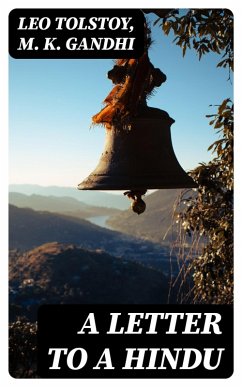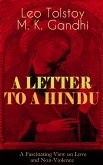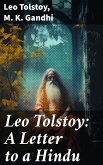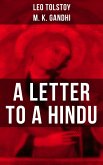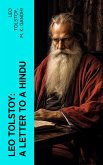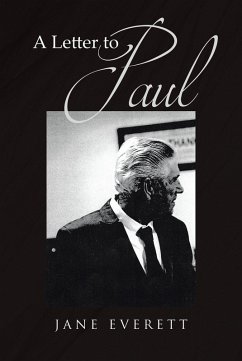In 'A Letter to a Hindu,' a curated anthology that intertwines the philosophical correspondences of Leo Tolstoy and M.K. Gandhi, readers are offered a profound exploration into themes of non-violence, civil disobedience, and the power of spiritual resistance. The collection not only showcases the rich diversity in literary style-ranging from the epistolary to the essayistic-but also underscores the significance of these texts within their historical and moral contexts. The inclusion of seminal works such as Tolstoy's letter that inspired Gandhi's non-violent movement presents an unparalleled opportunity to witness the philosophical dialogues that have shaped modern thought on peace and resistance. The contributing figures of Tolstoy and Gandhi come from markedly different cultural and geographical backgrounds, yet their convergence in this anthology highlights a shared vision for humanity. Both were pivotal figures in their respective historical and cultural movements-Tolstoy in the Christian anarchism and moral thought, Gandhi in the Indian independence struggle and his formulation of Satyagraha. Their interactions through letters create a rich tapestry that illustrates the global dialogue on resistance against injustice, making this collection a critical contribution to understanding the interconnectedness of liberation struggles around the world. This anthology is recommended for readers eager to delve into the philosophical and ethical discussions between two of the most influential figures in the history of non-violent resistance. 'A Letter to a Hindu' serves not only as a scholarly exploration of its themes but as an invitation to reflect on the universal questions of justice, power, and the human spirit's capacity for empathy and action. It is a compelling read for anyone interested in the educational value of intercultural dialogue and the insights such conversations can bring to contemporary discussions on peace, resistance, and the moral responsibilities of individuals and societies.
Dieser Download kann aus rechtlichen Gründen nur mit Rechnungsadresse in A, B, BG, CY, CZ, D, DK, EW, FIN, F, GR, H, IRL, I, LT, L, LR, M, NL, PL, P, R, S, SLO, SK ausgeliefert werden.

